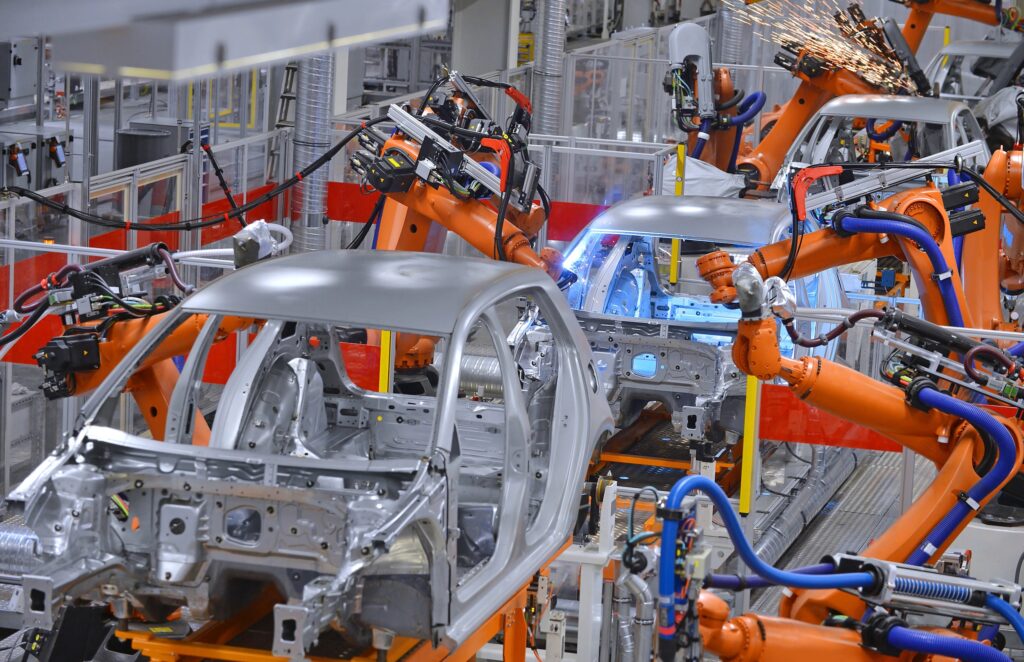
Volkswagen’s Electric Vehicle Factory in Sagunto: A Strategic Investment in Valencia’s Future
Volkswagen’s investment in Sagunto, near Valencia, is one of the most significant automotive and industrial developments in Spain in recent years. Often referred to as the gigafactory project, this initiative plays a pivotal role in Volkswagen’s European electric vehicle (EV) strategy and is expected to create a lasting economic and employment impact on the region.
1. Investment Scope & Project Scale
- Total Investment Value: Approximately €7 billion, making it one of the largest industrial investments in the history of the Valencia region.
- Factory Size: The facility will span several hundred thousand square meters, incorporating:
- Advanced production lines
- High-capacity logistics centers
- Research, quality control, and technical infrastructure
- Production Launch Date: The first electric vehicles are scheduled to roll off the assembly line in 2025.
2. Employment Impact
- Initial Job Creation: The factory will initially employ approximately 3,000 people across production, engineering, logistics, and administration.
- Future Growth Potential: As production ramps up, employment may expand to 4,000–5,000 direct jobs by 2030.
- Multiplier Effect: Thousands of indirect jobs are expected to be created through:
- Subcontractors
- Local suppliers
- Logistics and supporting services
This project will significantly strengthen the local labor market and attract skilled talent from across Spain and Europe.
3. Production Capacity & Vehicle Models
- Estimated Output: Between 300,000 and 450,000 electric vehicles per year, depending on market demand and production capacity.
- Model Focus: Production will include next-generation EVs, including:
- Volkswagen ID.3
- Volkswagen ID.4
- Future electric models to be launched under the Volkswagen Group umbrella
4. Green Technology & Sustainability
Volkswagen’s factory in Sagunto is designed with a clear commitment to environmental responsibility:
- Powered by Renewable Energy: Including solar installations and integration with Spain’s green energy infrastructure
- Low-Emission Operations: Designed to minimize CO₂ output through energy-efficient systems and sustainable materials
- Smart Manufacturing Technologies: Automation and digital tools will ensure optimal use of resources and materials
This aligns with Spain’s broader green industrial policy and the EU’s climate targets.
5. Regional and Strategic Significance
The project is expected to have transformational effects on the regional economy, including:
- Boosting the competitiveness of the Valencian labor market
- Strengthening the region’s infrastructure, including transport and logistics
- Driving foreign investment and innovation, particularly in the renewable energy, mobility, and smart manufacturing sectors
The Sagunto plant also reinforces Spain’s position as a key player in Europe’s EV manufacturing ecosystem, complementing Germany and Central European markets.
6. Project Timeline: 2023–2030
| Year | Milestone |
|---|---|
| 2023 | Final permits, site preparation, and procurement |
| 2024 | Construction and installation of production lines |
| 2025 | Launch of pilot production and initial output |
| 2026+ | Full-scale production and employment growth |
| 2028–2030 | Potential capacity expansion and supplier network development |
Conclusion: A Long-Term Catalyst for Growth
Volkswagen’s Sagunto factory is not just a factory—it’s a symbol of Valencia’s industrial transformation. As a magnet for employment, innovation, and sustainability, it presents substantial opportunities for:
- Real estate investment (rental housing near Sagunto and Valencia)
- Local businesses and service providers
- Workforce development and education
For investors, developers, and professionals in the region, this is a once-in-a-generation project with ripple effects across housing, infrastructure, and regional development.
